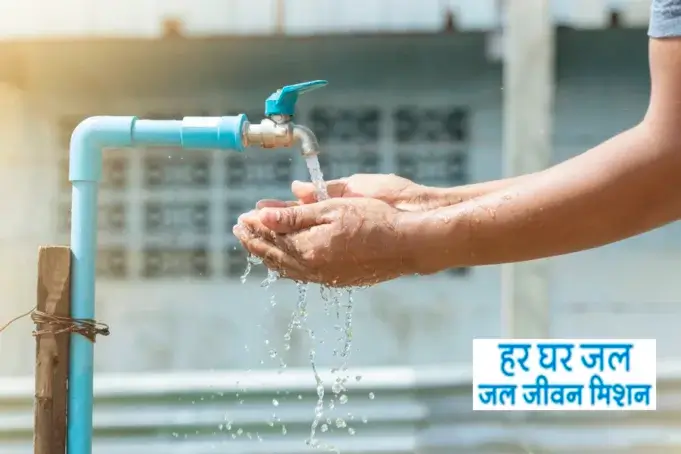In a significant stride towards achieving universal access to safe and clean drinking water, India’s Jal Jeevan Mission (JJM) has announced a landmark achievement – 12 crore (120 million) rural households now have tap water connections. This milestone comes under the Azadi ka Amrit Kaal initiative and marks a dramatic improvement from 2019 when only 16.64 percent of rural households had access to piped water.
The JJM initiative was inaugurated by the Prime Minister, Shri Narendra Modi, from the ramparts of the Red Fort on August 15th, 2019. Since then, the program has made remarkable progress, with five states and three Union Territories reporting 100 percent coverage. These include Goa, Telangana, Haryana, Gujarat, Punjab, Puducherry, D&D, D&NH, and A&N Islands.
This initiative is making headway in other states as well, with Himachal Pradesh at a close 98.35 percent coverage, followed by Bihar at 96.05 percent. These states are expected to reach 100 percent soon. Furthermore, the ‘Har Ghar Jal’ certification has been awarded to Goa, Haryana, Punjab, A&N Islands, Puducherry, Dadra & Nagar Haveli and Daman & Diu, signifying that all households and public institutions in these regions receive an adequate, safe, and regular supply of water.
Efforts from both the Union and State governments have borne fruit in educational and childcare institutions, with 88.55 percent of schools and 84 percent of Anganwadis now having access to tap water. Moreover, in the country’s 112 aspirational districts, access to tap water has jumped from a mere 7.84 percent at the launch of the mission to an impressive 60.51 percent.
Furthermore, 100 percent tap water coverage has been achieved in several aspirational districts, including three in Telangana, two each in Gujarat and Punjab, and one each in Haryana and Himachal Pradesh.
The JJM has not only provided water access but also delivered significant socio-economic benefits to the rural populace. It has eased the burden on women and girls who previously had to carry heavy water loads for household needs. The time saved is now available for income generation, skills learning, and supporting children’s education.
Community involvement has been a cornerstone of the JJM, with over 5,24,000 Village Water & Sanitation Committees (VWSC)/ Pani Samitis established for planning, implementation, operations, and maintenance of rural piped water supply schemes. Additionally, 5,12,000 Village Action Plans (VAPs) have been drawn up for drinking water source augmentation, greywater treatment, and regular maintenance of water supply systems.
The mission has also addressed the health hazard of contaminated water. At the launch of JJM, 22,016 habitations, home to nearly 1.79 crore people, faced Arsenic or Fluoride contamination in drinking water sources. Today, thanks to the concerted efforts of the government and communities, all these areas now have access to safe drinking water.











